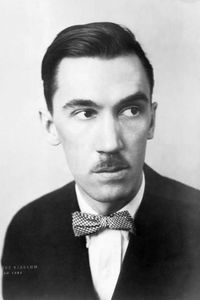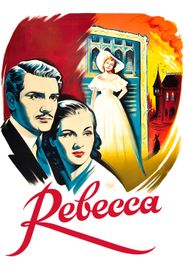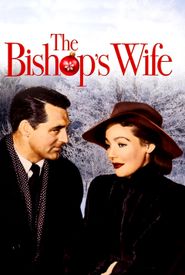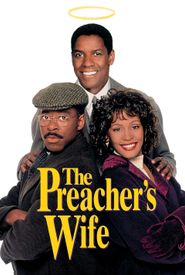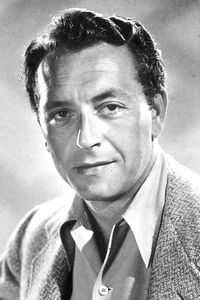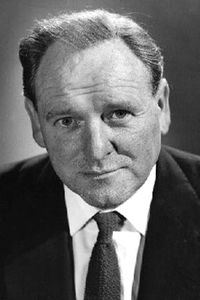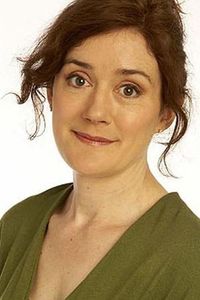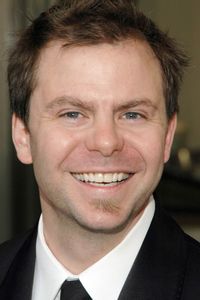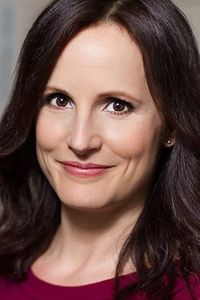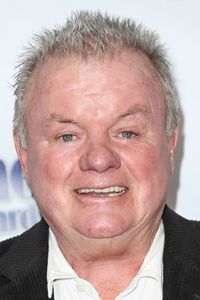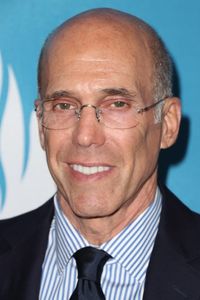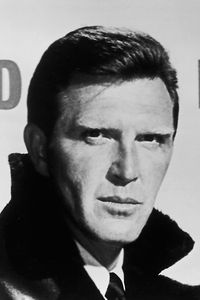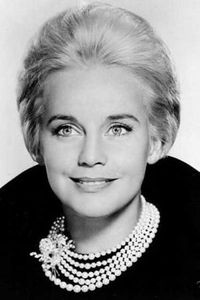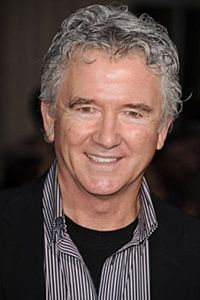Robert Emmet Sherwood was a renowned American playwright, editor, and screenwriter, born on April 4, 1896, in New Rochelle, New York, to Arthur Murray Sherwood, a wealthy stockbroker, and Rosina Emmet Sherwood, a talented illustrator and portrait painter.
As a son of a rich family, Sherwood was exposed to the world of art and literature from an early age. His mother's influence can be seen in his later works, which often featured strong female characters. Sherwood's first Broadway play, The Road to Rome, premiered in 1927 and introduced his signature theme of the futility of war.
Sherwood's success on Broadway soon led to opportunities in Hollywood, where he began writing screenplays in 1926. He worked on numerous adaptations of his plays and collaborated with notable directors such as Alfred Hitchcock and Joan Harrison. His screenplay for the film Rebecca, released in 1940, was a significant achievement.
During World War II, Sherwood set aside his anti-war stance to support the Allied effort. He co-founded the Playwright's Company and wrote the play There Shall Be No Night, which premiered in 1940 and starred Alfred Lunt, Lynn Fontanne, and Montgomery Clift. Sherwood was a vocal critic of isolationist Charles Lindbergh, whom he publicly ridiculed as a "Nazi with a Nazi's Olympian contempt for all democratic processes".
After the war, Sherwood served as the Director of the Office of War Information from 1943 to 1945. He then returned to dramatic writing and co-wrote the screenplay for The Best Years of Our Lives, a 1946 film directed by William Wyler. The movie earned Sherwood an Academy Award for Best Screenplay and explored the changes faced by three servicemen after their return from war.
Sherwood continued to write until his death from a heart attack in New York City on November 14, 1955. His final work, Small War on Murray Hill, premiered on Broadway in 1957. Nearly four decades later, Sherwood was portrayed by actor Nick Cassavetes in the 1994 film Mrs. Parker and the Vicious Circle, which chronicled the lives of the Algonquin Round Table.
